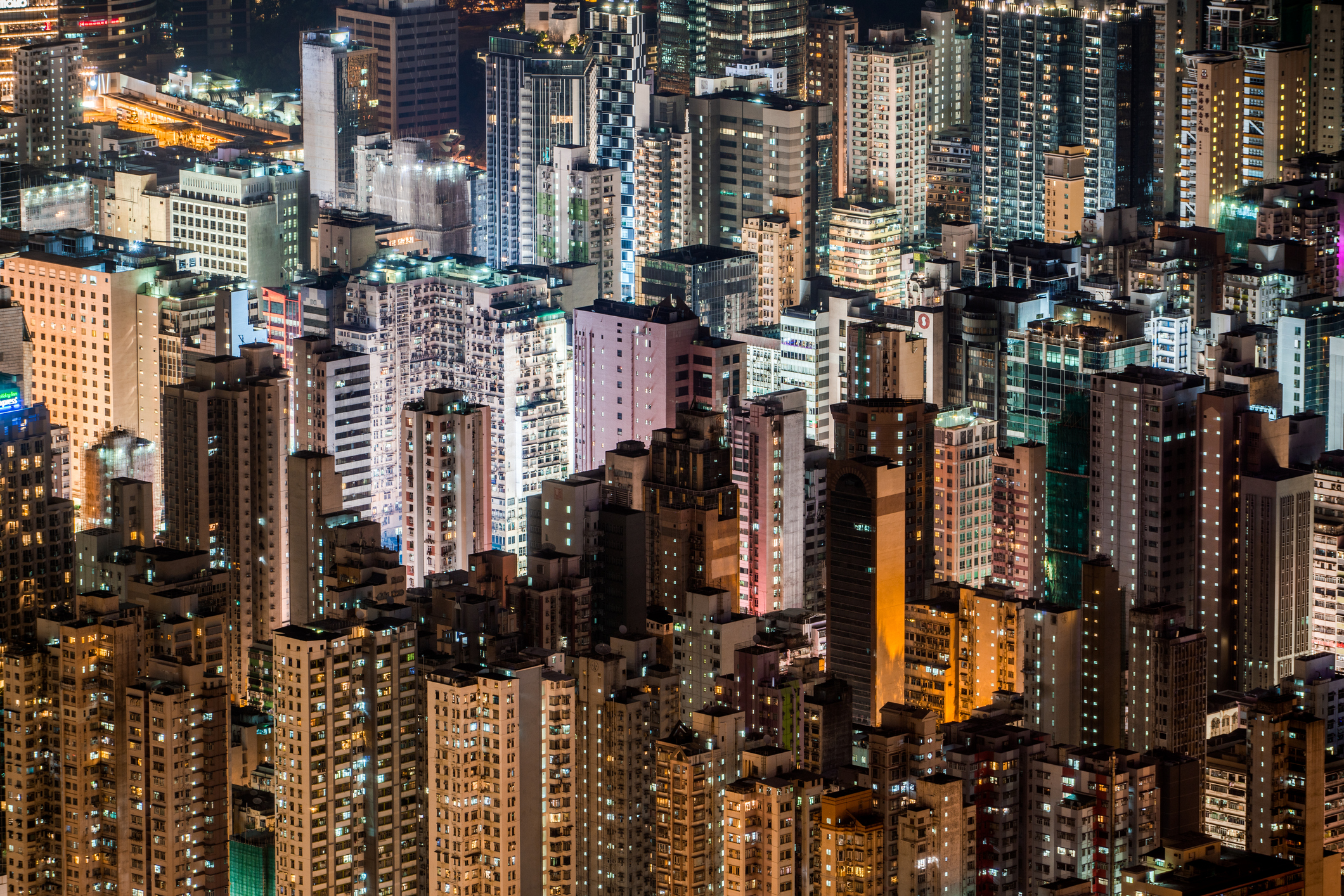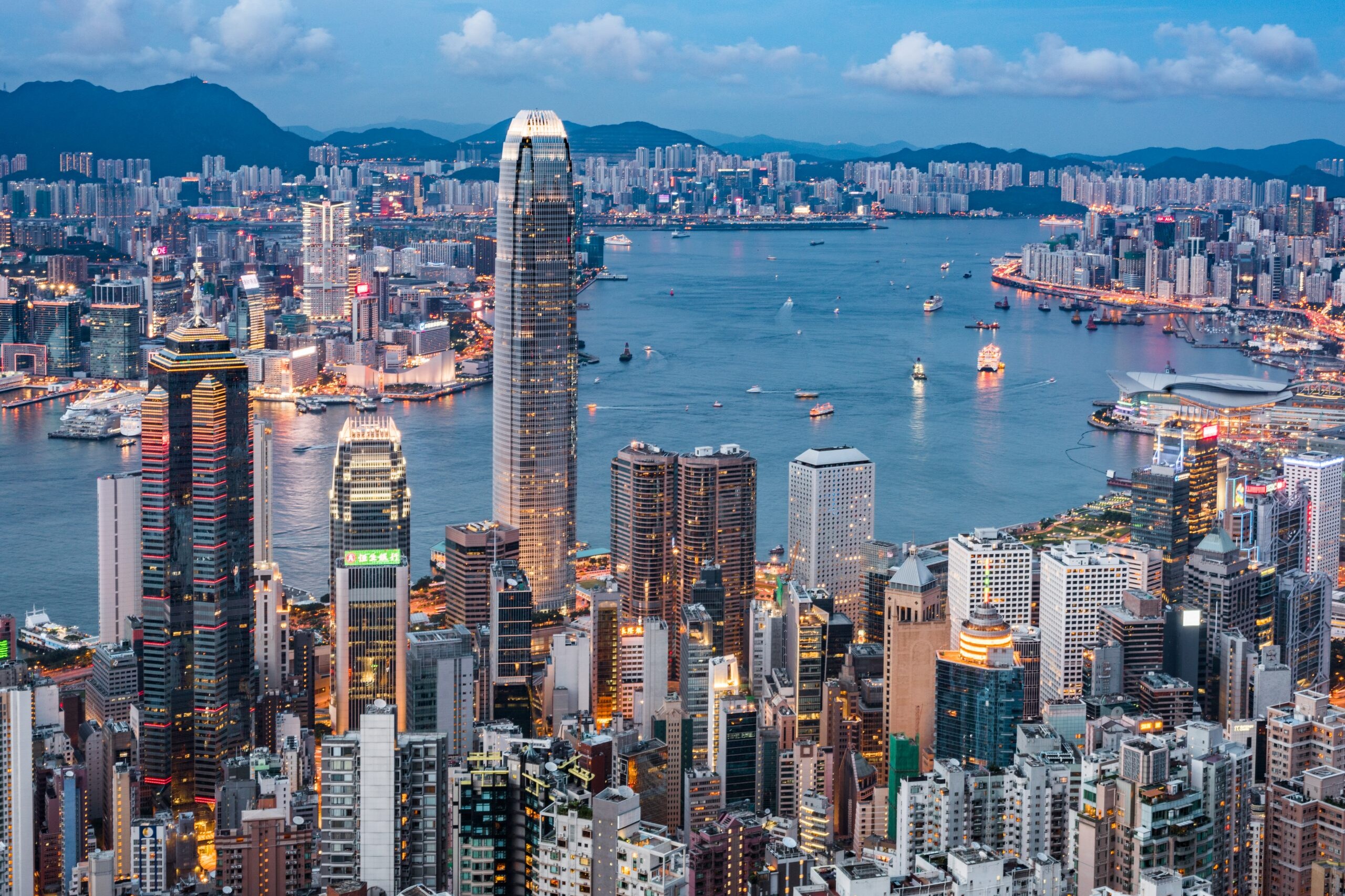On Thursday, China’s television and radio regulator banned the broadcasting of BBC World News in the country. They imposed the ban for what they described as “serious content violations”. Within hours, public broadcaster RTHK in Hong Kong announced a decision to suspend the BBC World Service’s live relay, which aired nightly from 23:00 to 07:00.
Updated : 15 February 2021
The decisions have been widely denounced as a further attack on media freedom and the public’s access to impartial and independent media.
According to Beijing’s media regulator, the National Radio and Television Administration (NRTA), the ban stems from what it claims are disputed reports by the BBC regarding the treatment of ethnic minority Uighurs in Xinjiang. The NRTA said BBC World News reports on China seriously violated broadcast guidelines, such as “the requirement that news should be truthful and fair” and “not harm China’s national interests”. As a result, the BBC’s broadcast application for the new year was not accepted.
In a statement, BBC Director General Tim Davie said: “This is not just about stopping the BBC from broadcasting news in China, there are significant and growing global threats to the free media as some seek to increase their control of information. Now, more than ever, it is important that we speak out to defend free and fair journalism.”
Statement from Tim Davie, BBC Director-General, on media freedom in China and the banning of @BBCWorldService in Hong Kong: https://t.co/MtXR1VoJYq pic.twitter.com/uVlDXAkxys
— BBC Press Office (@bbcpress) February 13, 2021
Meanwhile, the RTHK Programme Staff Union called on the Hong Kong broadcaster to explain its decision to suspend the broadcast of BBC Radio News programmes. Under the “one country, two systems” constitutional principle, Hong Kong is an autonomously governed Special Administrative Region (SAR) of China. The Staff Union noted that there were no previous examples of Hong Kong having to follow instructions issued by the mainland’s broadcasting regulator.
Speaking to RTHK, the head of the University of Hong Kong’s journalism and media studies centre, Keith Richburg, described the ban as “deeply worrying” and called for transparency, saying: “It doesn’t seem like the people who make editorial decisions at RTHK would do something like this unless they are under some direction to, at least that’s what we would think, because of the autonomy of RTHK and its editorial independence,”.
The move to suspend BBC broadcasts comes at a time of exceptional pressure on press freedom in Hong Kong and the independence of RTHK following the imposition of new National Security Laws last June.
In separate statements over the weekend, the Public Media Alliance and the Global Task Force for public media expressed their deep concerns for the situation facing the BBC in China and Hong Kong as well as the wider impact on media freedom. The Global Task Force – an industry led initiative of eight public broadcasters – said: “Taken together, these actions severely restrict access to trusted sources of news and media freedom within the region. Access to independent journalism is a basic right and critical for citizens everywhere to be informed.”
More reports about media freedom in Hong Kong can be found at the bottom of this page.
Background
The ban follows the UK’s own broadcasting regulator, Ofcom, revoking state broadcaster China Global Television Network’s (CGTN) licence to broadcast in the UK earlier this month.
On 4 February, Ofcom said that CGTN’s broadcast licence was revoked after it was found to be wrongfully held by Star China Media Limited. Under UK broadcasting laws, licence holders must have control over the licensed services, including editorial responsibility for programmes shown. Licence holders are also prohibited from being controlled by political bodies.
An application to transfer the licence to China Global Television Network Corporation (CGTNC) was also refused. “This is because crucial information was missing from the application, and because we consider that CGTNC would be disqualified from holding a licence, as it is controlled by a body which is ultimately controlled by the Chinese Communist Party. We have given CGTN significant time to come into compliance with the statutory rules. Those efforts have now been exhausted,” Ofcom said.
More to follow
Header Image: Central District – Hong Kong, Hong Kong, Hong Kong Island, Victoria Harbour – Hong Kong, Aerial View. Credit: CHUNYIP WONG/istock
Related Posts
1st October 2020
Further restrictions on media freedom in Hong Kong
New developments have painted an even…
17th August 2020
Another dark week for press freedom and critical voices in Hong Kong
The Chinese government’s new National…

